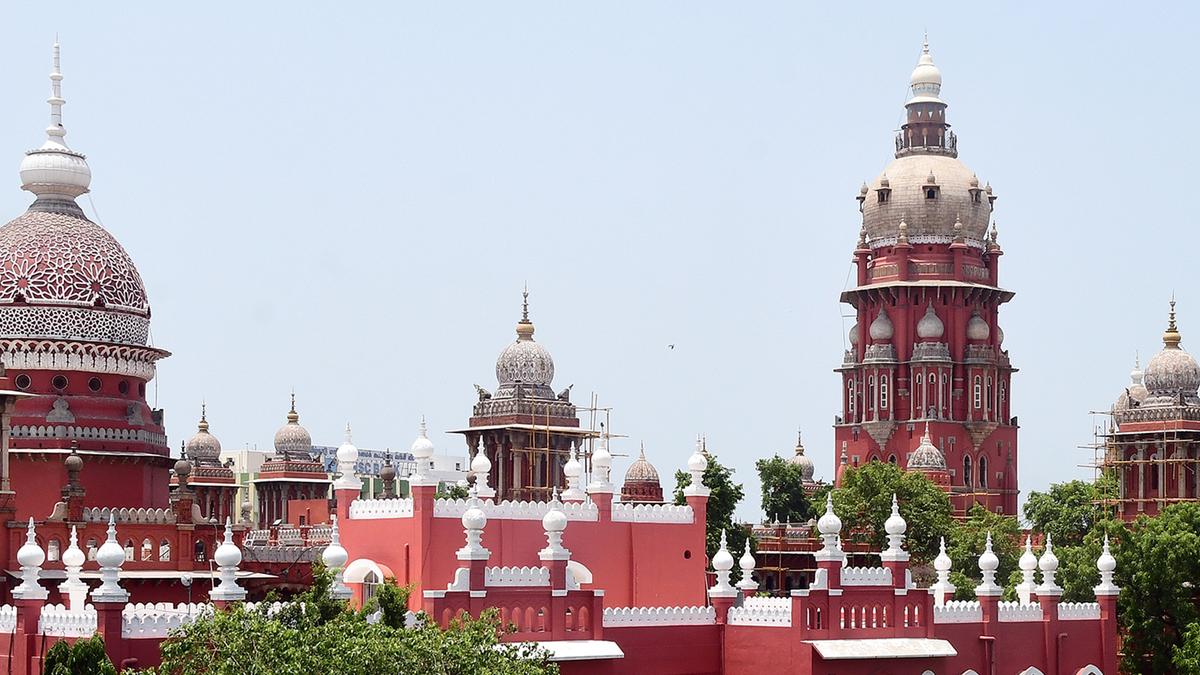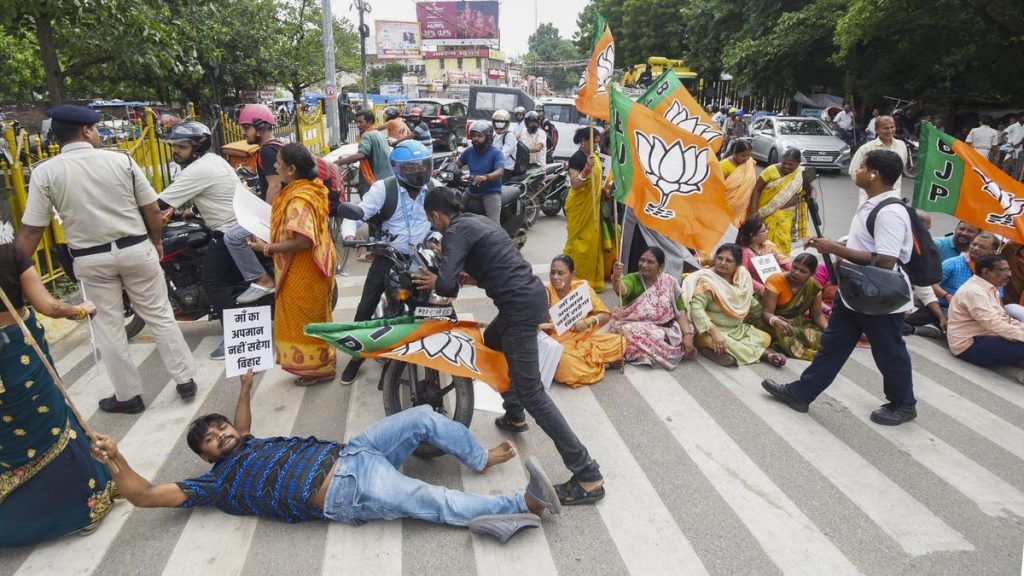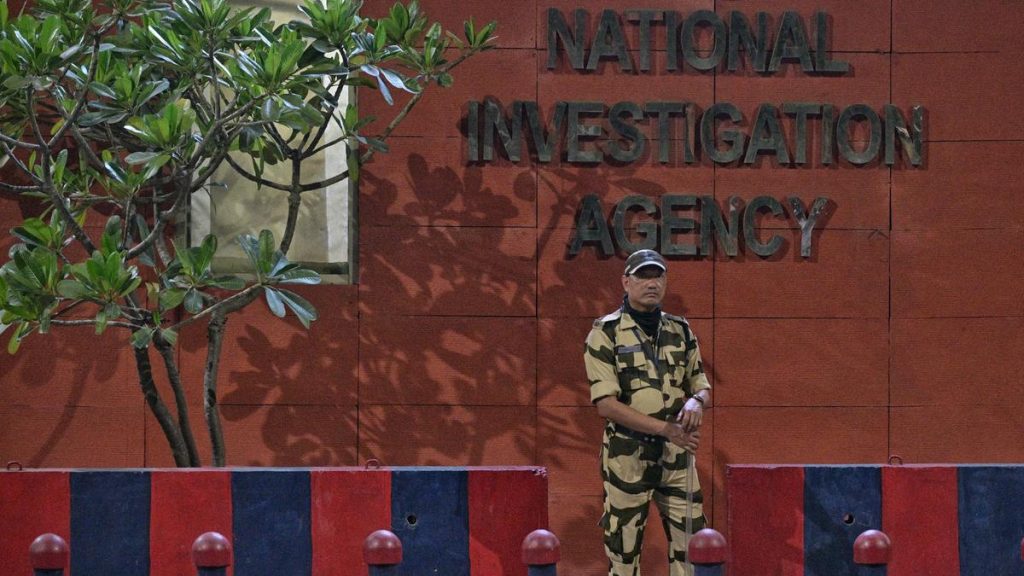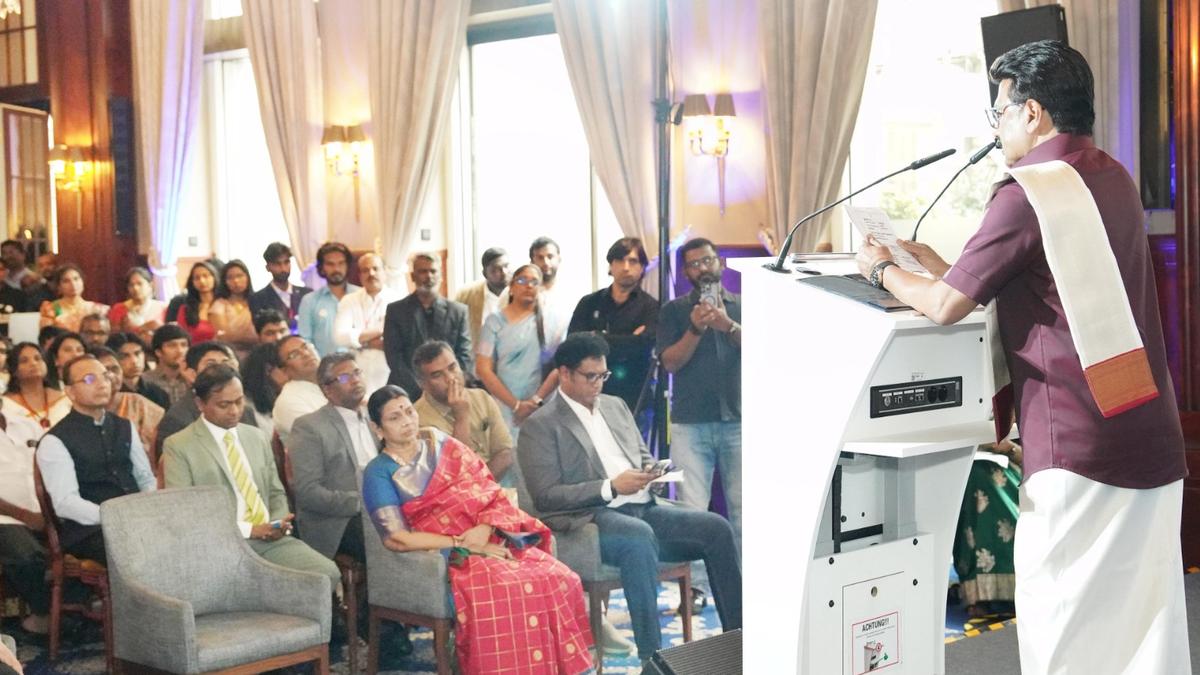Now Reading: Chennai Corporation Buys Temple Land for ₹18.85 Crore to Build School After Court Order
-
01
Chennai Corporation Buys Temple Land for ₹18.85 Crore to Build School After Court Order
Chennai Corporation Buys Temple Land for ₹18.85 Crore to Build School After Court Order

Rapid Summary
- Property Purchase: The Greater Chennai Corporation (GCC) is set to buy a private temple land (10 grounds, 24,000 square feet) at Mettupalayam in West Mambalam for ₹18.85 crore, per Madras High Court’s directive.
- Context: The corporation school has operated on the land sence 1937 serving 2,500 students; rent payments were stopped from 1969 onward.
- Ownership Challenge: GCC initially disputed the ownership of Shri prasanna venkatesa Perumal Devasthanam but the court recognized valid ownership based on documentation including civil decrees and historical records.
- failed Mediation: Attempts to resolve rental disputes through mediation in 2023 failed as parties could not agree on an amount. Justice N. Anand Venkatesh suggested GCC purchase the land instead.
- Market Valuation & Costs: Market value was established at ₹10,701 per square foot; however, considering public interests like education funding constraints, sale price was fixed by the judge at a lower rate of ₹7,800 per square foot.
- Sanctions Granted: Tamil Nadu government issued administrative approval for purchase and waived stamp duty and registration charges to facilitate acquisition for public benefit.
Indian Opinion Analysis
This case underscores meaningful governance challenges involving public access to essential resources versus legal obligations tied to private property rights. The Madras High Court’s intervention highlights an empathetic approach towards balancing competing priorities-preserving free education for over 2,500 students while ensuring rightful compensation to property owners.
The resolution safeguards educational infrastructure under strained urban budgets while reinforcing accountability of local governments regarding tenancy obligations spanning decades. Though, it also raises questions regarding delayed redressal processes that require judicial interventions after prolonged disputes.
Exempting associated taxes like stamp duties acknowledges how urban civic expansions can straddle legal overlaps between tenant-corporations’ neglect versus multi-generational institutions’ defense asserting local neighborhood-focused care custodianships.
Further compliance scheduled September may reactivate nuanced scrutiny Social Utility rendered modifiable-future conflicts India emerging non-conventional precincts transformation:
south-considerate example template reforms registered listening negotiations-values compromise

























